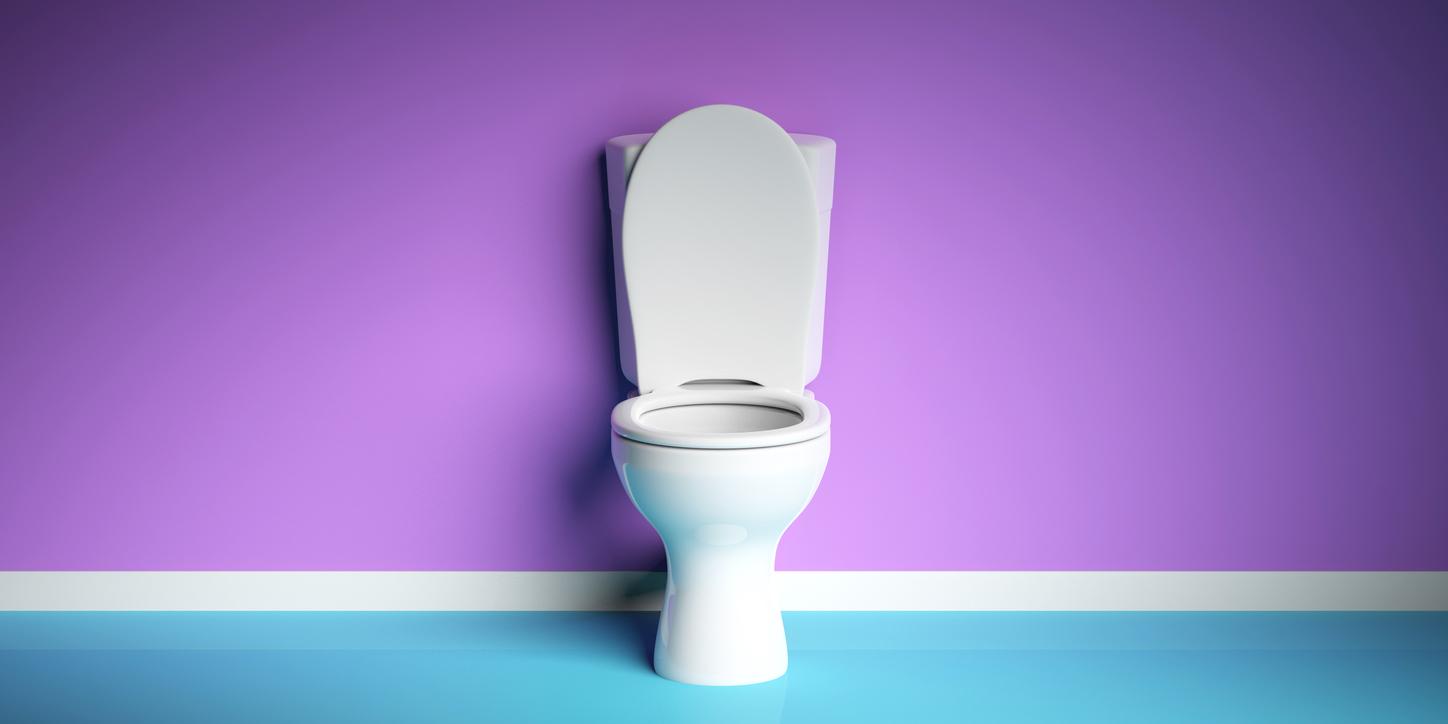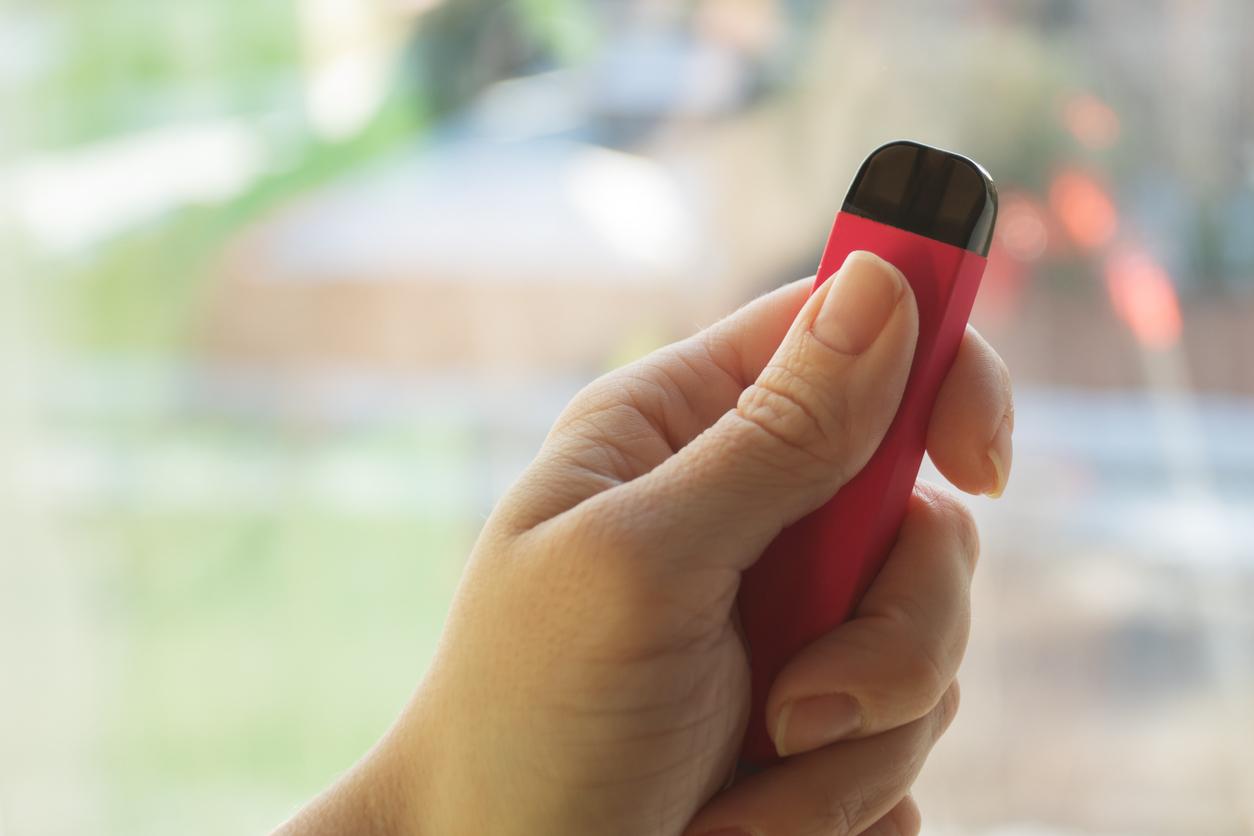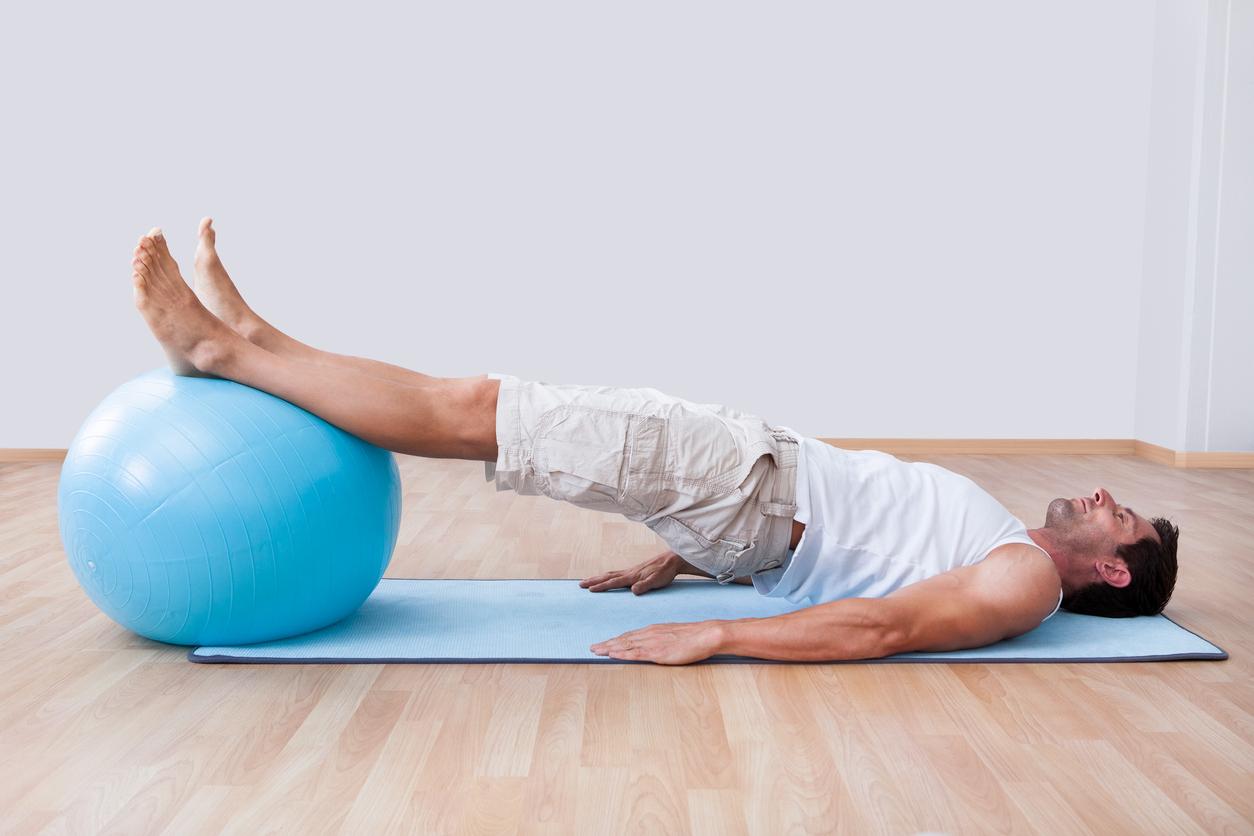
That way you suffer as little as possible
Do you lose urine when you run or jump? Many women suffer from this, ranging from a few drops to a large amount. Fortunately, it does not mean that you can no longer exercise. What is the best solution for you?
Unintentional loss of urine during exercise is called exercise incontinence or stress incontinence. It occurs when your pelvic floor muscles are relaxed or stretched. You mainly lose urine when you laugh, cough or sneeze, but also when you bend, run, jump, lift something or climb the stairs.
With all these activities, the pressure in the abdomen rises, so that there is also more pressure on the bladder. Strong muscles in the pelvic floor and the sphincter of the bladder normally close your bladder well, but if you have weak pelvic floor muscles, you will lose urine when you exercise.
Cause of weaker muscles
The pelvic floor muscles can weaken and stretch due to pregnancy, childbirth, prolonged coughing, menopause and aging. Being overweight also creates a higher pressure in the abdomen.
Did you experience accidental loss of urine during your pregnancy or after childbirth? Then it usually goes away on its own, because your muscles recover. If you lose urine due to one of the other causes, the symptoms will remain. It would be a shame if you no longer dare to exercise due to urine loss. Fortunately, there are various solutions to reduce the nuisance.
Do it yourself
You can train your pelvic floor muscles and the sphincter of the bladder yourself with exercises. You will notice a difference after a week or so. You have to keep practicing regularly. A physiotherapist can help you learn and perform pelvic floor exercises properly.
It also helps if you urinate well before exercising. Make sure you sit upright, with your pelvis tilted forward, and certainly not slumped. Take your time, really, but don’t push. Drink enough, drinking less does not help against urine loss.
If you are overweight, it is wise to lose some weight. Less weight means less pressure in the abdomen.
Tools
If you specifically suffer from urine loss during exercise, try a large tampon during your training. This will support the bladder from the vagina, which can help to hold back your pee. However, continuously wearing a tampon is not a good idea.
You may now be using a panty liner or sanitary napkin to collect urine. If you lose a lot, that is often not enough. Materials intended for urinary incontinence absorb even better, so you won’t get any leakage or moist, irritated skin. Some women do not feel very comfortable in tight sports leggings in combination with incontinence material: wearing a sports skirt (possibly over leggings) can be the solution.
Therapy
The doctor can fit you a pessary (vaginal ring) that supports the sphincter of the bladder. There are different types and sizes of pessaries. You can wear such a ring all the time or only when you play sports. You don’t feel anything and it usually helps immediately.
In case of severe urine loss, you can consider a urethra strap. Such a band is surgically placed and supports the sphincter of the bladder. Most women notice an immediate effect.
Sources):















